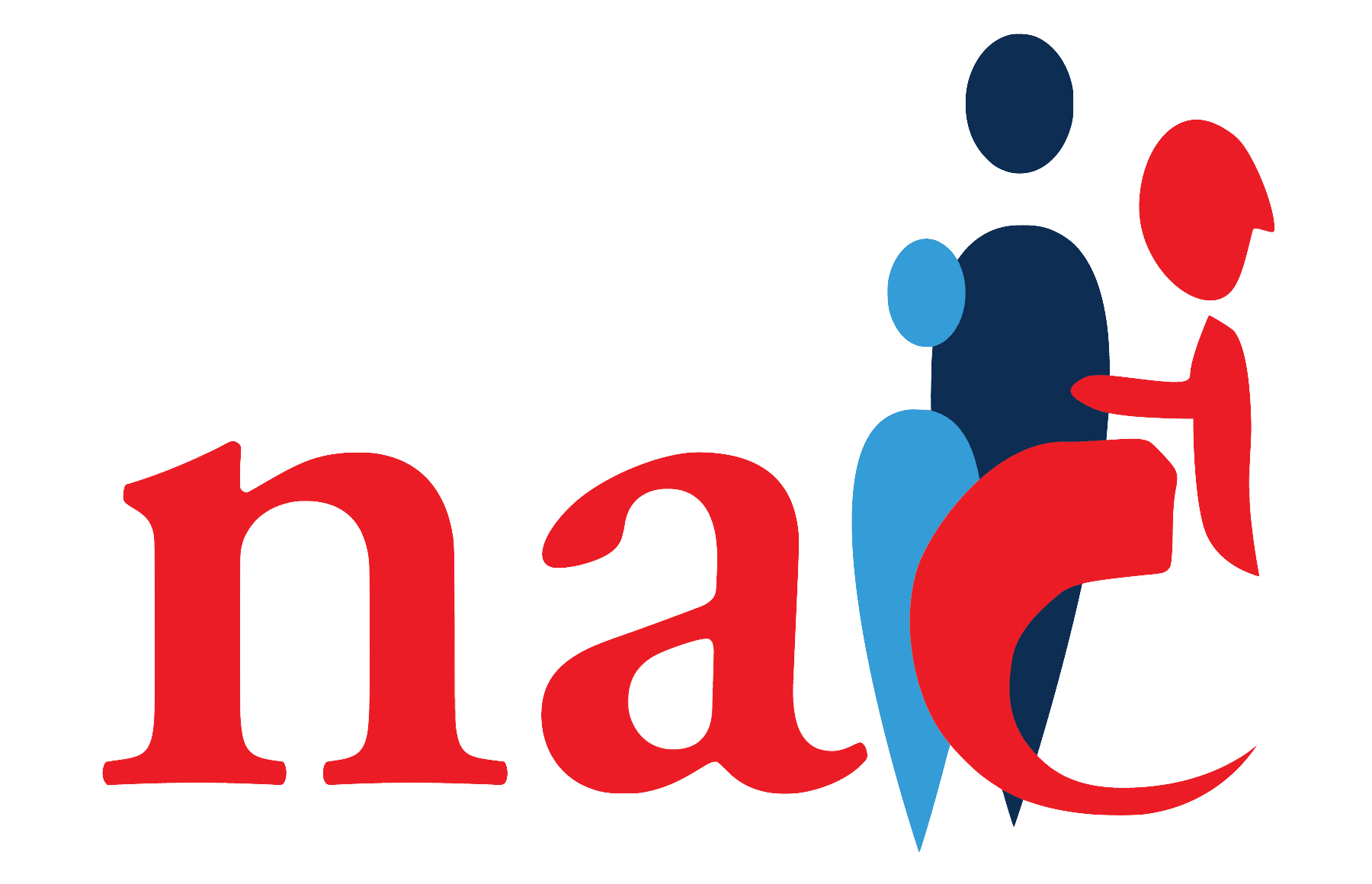Cody is a caregiver for his young daughter, who was born eight weeks early with biliary atresia, a rare liver disease. Doctors told Cody and his family that she would eventually need a liver transplant, and in the meantime performed a surgery that was able to delay the need for a new liver.
While on the waitlist for the liver, Cody did his best to keep his daughter as healthy as possible, because they didn’t want her to remain in the hospital for a long time after the transplant. They experienced three dry runs where they practiced what would happen if a liver became available, and the transplant team prepared them for what they could expect and the emotions they might experience if a liver turned out not to be viable. Cody’s daughter was able to get a liver within a year and a few months.
The transplant team also provided Cody and his family with a comprehensive binder of information and resources. It included information on mental health resources, methods of spiritual support, and social workers they could contact. Each section of the binder was explained by someone on the team who was familiar with it. The coordinator sat down and explained the medications their daughter would be taking and why, and a social worker spoke to them about the financial aspect, such as assistance with hotels and meals.
Cody’s family are members of the Chickasaw Nation, and they felt the healthcare team was very respectful of their culture and did their best to learn about it. When his daughter went onto the transplant list, Cody knew there might not be many American Indian organs available because many elders believe the body must remain fully intact to pass on.
Post-transplant, Cody has run into some barriers as a caregiver. His daughter needs to have lab work done occasionally, and the closest lab is far from their home. Having to travel to get lab work done disrupts their whole day. They wanted their local tribal hospital to start drawing the labs, but the hospital did not feel equipped to do so on an infant. There was also a period where Cody struggled to get the hospital and his insurance through Indian Health Services on the same page.
Cody’s daughter is now a year and a few months post-transplant, and Cody feels the healthcare team is still there for him as a resource. He has become involved with Transplant Recipients International Organization (TRIO) and is able to mentor those waiting for a transplant. He appreciates the opportunity to speak with those experiencing the same thing he went through, because not everyone can understand what going through a transplant is like.
As a caregiver, Cody hopes more resources can be created on how to reach out to a donor family. He knows a lot of transplant recipients and caregivers who want to connect and speak with their donor families. He is also aware of the current push to get more American Indians and Alaska Natives involved in donating organs. To do so, he believes Indian Health Services needs to be heavily involved with the campaign and that American Indians and Alaska Natives need to be identified on official health forms, instead of being categorized as “other.”
